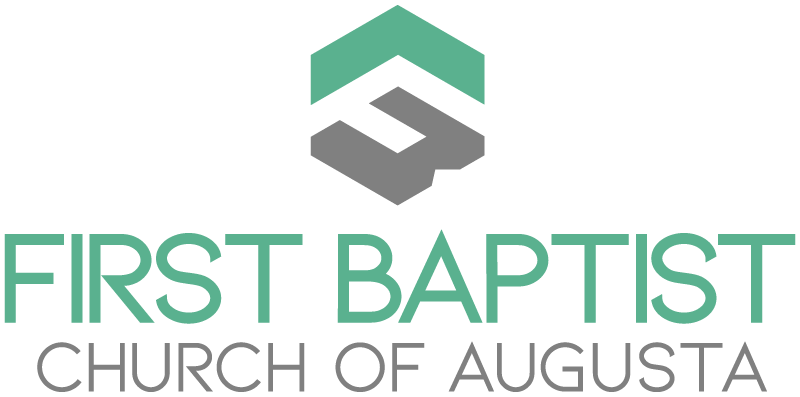How long have you been at the church?
I joined the wonderful team of ministers at First Baptist in September of 2019.
Alma mater or team you root for?
Alma Mater would be the Flying Feet of Erskin, located in Due West (which is Due West of nothing), but I root for Clemson.
Favorite Bible verse?
Philippians 4:6-7 “Do not worry about anything, but in everything by prayer and supplication with thanksgiving let your requests be made known to God. And the peace of God, which surpasses all understanding, will guard your hearts and your minds in Christ Jesus.”
What does your job entail?
I have the joy of leading multiple musical ensembles both in worship and on mission. My goal for every group I work with is to strive for excellence in musical ability, but more importantly, to connect what we are singing about or playing with our spiritual walk with God. Yes it’s important to sing well, but it’s more important to know why we’re singing and what we’re singing about.
Spouse and kids?
I have a wonderful wife of 10 years, Lindsey and three joy-filled daughters, Bella, Randi, and Piper. We all have fun together and crack up over some of our shenanigans.
Favorite movie?
I’m a movie lover, so this is hard. I’d have to say if I see Red October on, I’ll probably watch it, no matter how many times I’ve seen it.
Favorite food?
I’m partial to sushi, and other Chinese food.
Hobbies?
Hunting, carpentry, fishing, water sports, other outdoor and indoor sports, backpacking, more than I have time for…
How do you take your coffee?
Pretty picky on this one, light roast and has to have cream and Splenda. Sweet and Low is second choice, and sugar is the last alternative. Favorite cream is sugar free Italian Creme, then I’d choose hazelnut. Regular half & half is last choice too!


